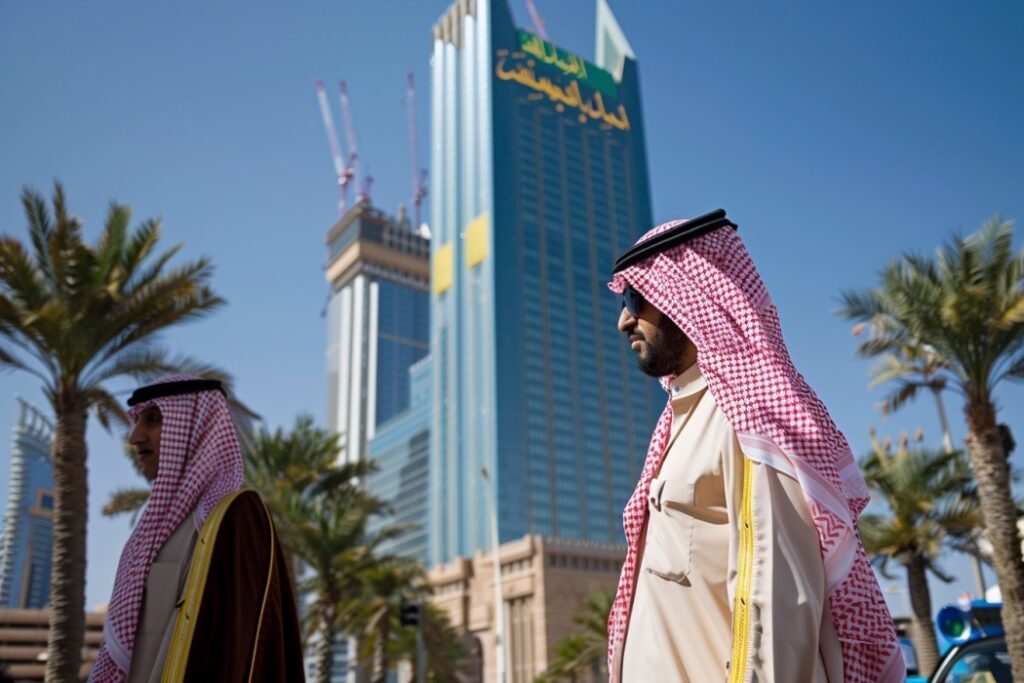Financing for Sustainable Development at a Crossroads
NEW YORK — The urgency of investing in sustainable development has never been clearer, as the UN deputy chief issued a stark warning on Tuesday. Without immediate action and significant investment, the global goals to create a more just and equitable world by 2030 are at risk of failure.
Amina Mohammed, presenting the latest UN report on the issue, emphasized the need for “a surge in investment” and a complete overhaul of the international financial system to salvage the struggling Sustainable Development Goals (SDGs). These goals, aimed at ending extreme poverty, hunger, and inequality, have fallen far off track since world leaders adopted them nearly a decade ago.
According to Mohammed, around 600 million people are projected to still live in extreme poverty beyond 2030 if current trends continue. The heart of the problem, as highlighted in the 2024 Financing for Sustainable Development Report, lies in the $4.2 trillion annual development financing gap, exacerbated by the impacts of the COVID-19 pandemic.
Geopolitical tensions, climate disasters, and a global cost-of-living crisis have further hindered progress on crucial development targets such as healthcare and education. Mounting debt burdens and escalating borrowing costs are major factors contributing to the crisis in sustainable development.
Deputy Secretary-General Mohammed revealed that in the least developed countries, debt service is expected to skyrocket to $40 billion annually between 2023 and 2025, a more than 50 percent increase from previous years. Climate-related disasters account for over half of the debt surge in vulnerable nations.
Amidst these challenges, roughly 40 percent of the global population, totaling 3.3 billion people, reside in countries where government spending on interest payments exceeds that on education and health. The global economy’s failure to support investment and development is evident in declining growth rates over the past 25 years.
The report calls for a significant increase in public and private investment in the SDGs, emphasizing the need to reform the development bank system. Donors must fulfill commitments on Official Development Assistance (ODA) and climate finance, while the outdated international financial architecture must be revamped to better serve developing countries.
To bridge credibility gaps and trust deficits, especially in wealthier nations, leaders must prioritize global governance reform, aid delivery, and domestic reforms to combat corruption and inequality. Failure is not an option, as Mohammed emphasized, urging the world to either succeed together or face collective failure.
The report also highlights upcoming opportunities, such as the Summit of the Future in September and the Fourth International Conference on Financing for Development next year, as crucial moments for enhancing cooperation and reaffirming commitments to the SDGs. — UN News



